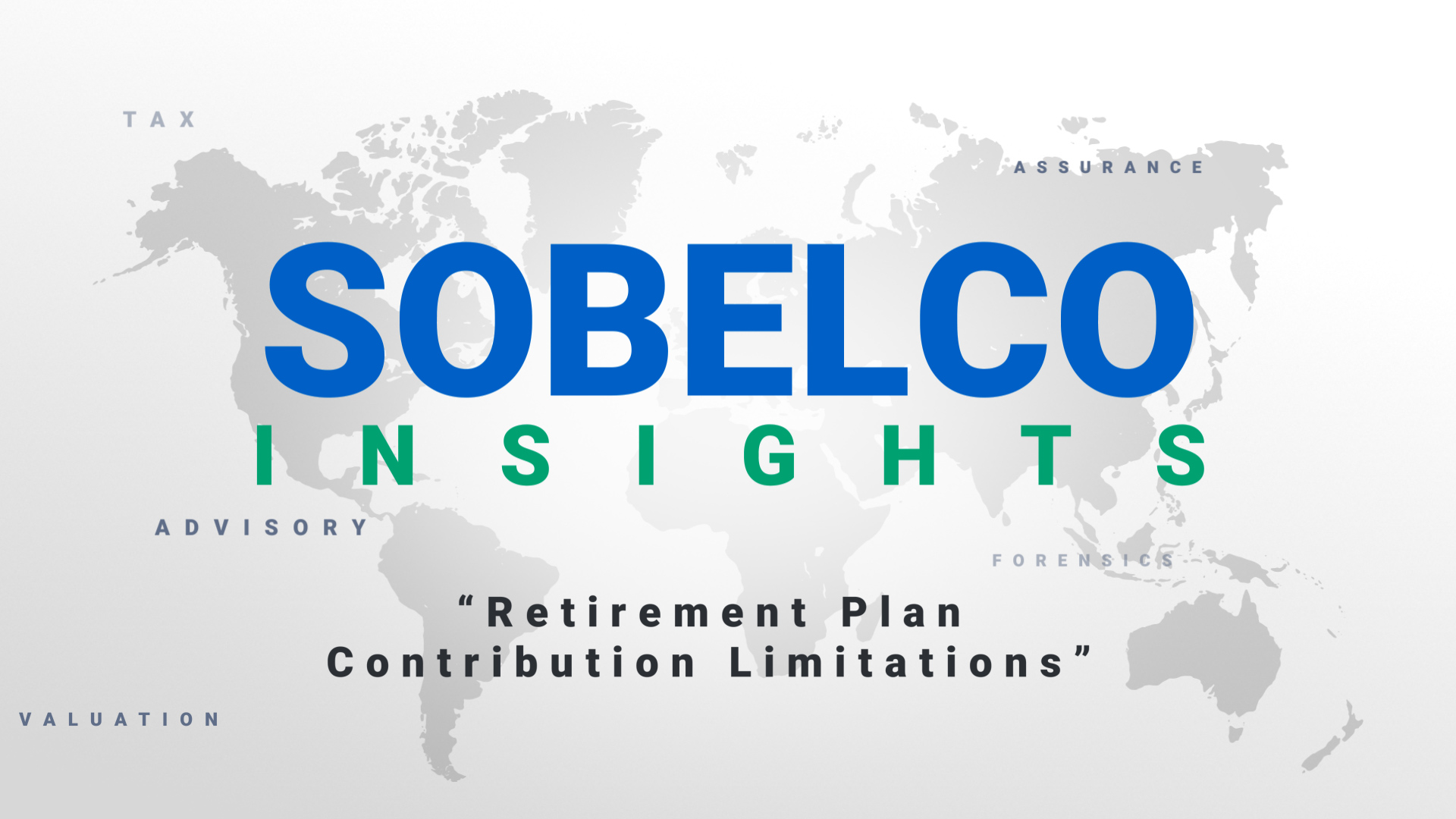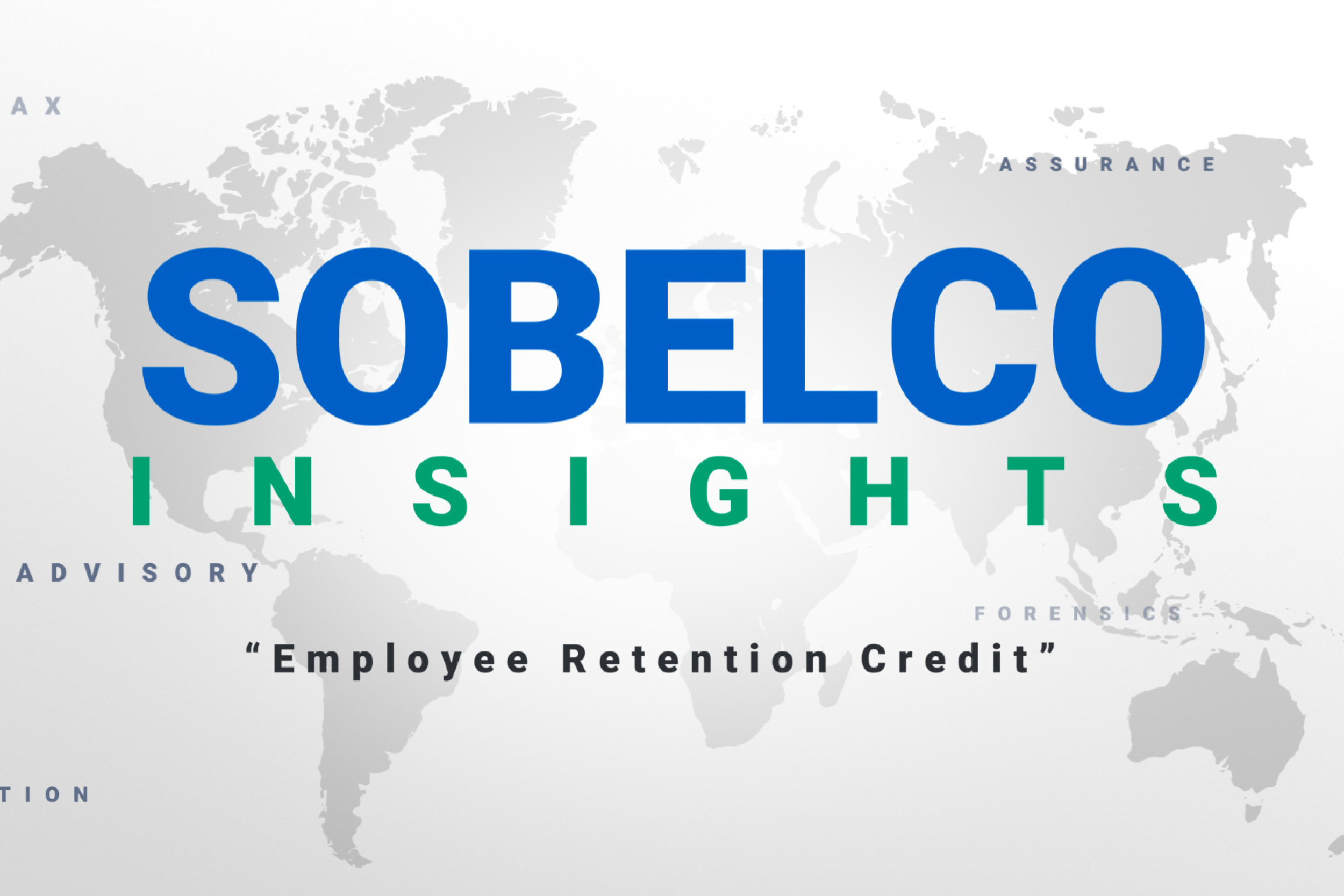
At SobelCo we are proud to spotlight a nonprofit organization every month. It is always an honor to introduce these amazing clients to the New Jersey business community through our newsletters and website, knowing that by doing so we are providing additional exposure and helping to build awareness for their mission across the state. This month we are focusing on Coming Home, a unique nonprofit located in Middlesex New Jersey.
Meet Coming Home
Coming Home was formed by the combined efforts of both Middlesex County, the United Way of Central Jersey and the Robert Wood Johnson Foundation to create an effective system to end homelessness in the County. With the objective of developing a sustainable, scalable process, together they have built coalitions and fostered collaborative strategies through public-private partnerships among local government, affordable housing developers, social service providers and others.
Achieving its goals
The organization’s mission is simply stated: To build a system in the County that rehouses individuals and families as quickly as possible and provides connections to community resources to enable them to maintain their role as a home owner.
This critical goal is being addressed through the hands-on efforts of a combination of staff and volunteer board members who have the talent, experience, resources, and desire to end homelessness. They do not seek to apply a band aid approach but rather to eradicate homelessness completely.
For more than a decade, Executive Director Eileen O’Donnell and her staff have worked closely with diverse board members who are leaders representing the United Way, government agencies, and private businesses of all industry sectors to achieve this aim. As a result of their combined efforts and wise counsel they have built a platform to achieve their mission. From fund raising professionals to program planners to hot line managers to social service case workers – this complex and diverse team plays an important role in getting the job done.
Navigating the system, overcoming roadblocks, cutting through bureaucratic obstacles, and gaining momentum and traction even when facing push-back has become the mantra for these dedicated professionals. Over the least 20 years since it was first launched, Coming Home has worked closely with its partner agencies to coordinate planning and management of the services provided through HUD funded programs while also fostering collaboration and partnerships with the leadership of each of the County’s 25 municipalities, health care entities and affordable housing developers and financiers, specifically for participation in its Homes for Homeless Program.
The partners make it work
The level of commitment from each partner is what is so extraordinary about this nonprofit, IT has enabled them to construct a systematic approach to accomplishing their mission at the grass roots level, person by person and family by family. The partners and funders of Coming Home include Middlesex County, The United Way, Robert Woods Johnson Foundation, WellCare Health Plans, Withum, Magyar Bank, Olympus, FujiFilm, Johnson & Johnson, M&T Bank, CTBC Bank, Rider Insurance, Devco, Community Solutions, RWJBarnabas Health, St. Peter’s Healthcare System, and Windels Marx.
Measuring success
There are multiple performance indicators that the organization frequently points to that enable them to measure their success. In every circumstance, this data is representative of the achievements made on behalf of homeless persons and every successful case means a family is together, off the streets, and working toward a brighter and more fulfilling existence.
Here are some of the main categories where triumphs can be gauged:
- Breaking down silos and building bridges: By connecting agencies and corporations – public and private – to deliver a wide range of services, including housing, to create a sustainable system to end homelessness in Middlesex County.
- Coordinated entry and assessment processes: Coming Home ensures that every person experiencing homelessness can seamlessly become part of the network of helpful providers by dialing 211. Instead of getting caught in volumes of red tape, someone in need can easily navigate the system by taking just one step. Once they place a call to 211, their specific needs are determined by using a uniform assessment tool, and then they are prioritized for available resources based on a collaboratively agreed upon scoring process that determines the severity of their needs including understanding the length of time of their homeless situation.
- Using data to drive change: Details matter and Coming Home has a crucial role as the clearinghouse for homelessness data in the County, sharing the details needed to facilitate the efficient integration and coordination of services. They accomplish this through the administration of the Countywide Homeless Management Information System (HMIS) and by training volunteers and agency personnel in the administration of the PIT survey; conducting an analysis of the data gathered and developing an action plan in response to such analysis.
By fine tuning the data measurements and establishing discrete goals and performance measures, they are able to help agencies relocate their clients in a reasonable time frame. - Social service navigation: Coming Home provides direct case management to persons in the community who are experiencing, or at risk of experiencing, homelessness by entering the system through the 211 Homeless Hotline. With limited funding, they provide temporary, emergency hotel/motel placement when shelters are unavailable. The same fund can also be used to assist clients in establishing themselves in permanent housing, through the provision of 1 ½ months’ rent.
Making progress: The Social and Health Services Integration (SHI) Program
In 2019, Coming Home launched a pilot project that connects the two New Brunswick hospitals of Robert Wood Johnson University Hospital (RWJUH, part of Barnabas Health) and Saint Peter’s University Hospital, who fund the cost of two social service navigators to address the health related social needs of highest utilizers of the hospitals’ ERs patients.
Under the pilot program, the navigators reach out to ER patients in an attempt to identify any situations that include food insecurity, housing instability and breakdown of social support networks. The patients are then connected to other benefits, services, and opportunities that will help to increase the clients’ levels of self-sufficiency and decrease any inappropriate use of the ERs.
Tackling homelessness to get the job done: The Homeless (H4H) Program
First and foremost, what a homeless person most needs is a home. Recognizing this importance of this issue, Coming Home strives to increase the inventory of affordable housing in Middlesex County. Coming Home tackles this barrier through its Homes for Homeless (H4H) Program, whereby it partners with affordable housing developers to increase the amount of affordable housing available for persons presently without a place to call home.
Ending homelessness
By starting at the grass roots level, Coming Home embraces a practical approach that consistently offers real world solutions that place people in homes of their own, while offering all of the necessary resources and support to help them stay in their homes.
To learn more about this important coalition and their success at ending homelessness, please visit their website at cominghomemiddlesex.org.


